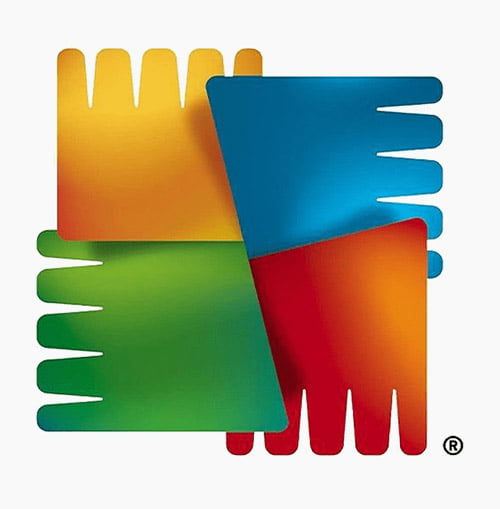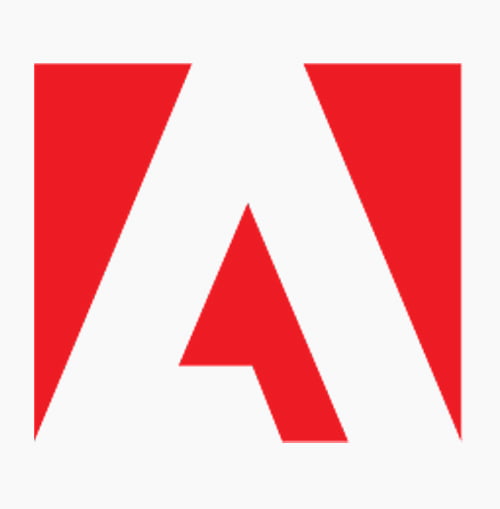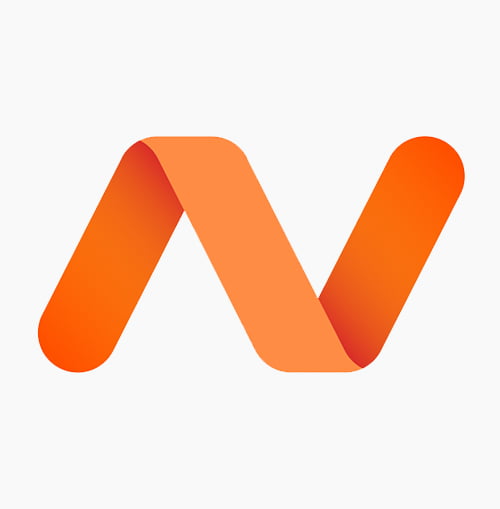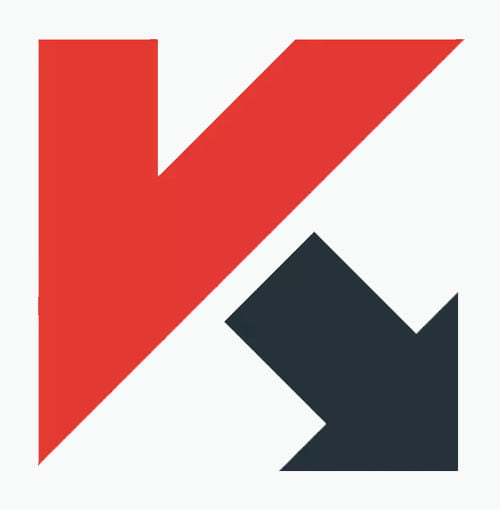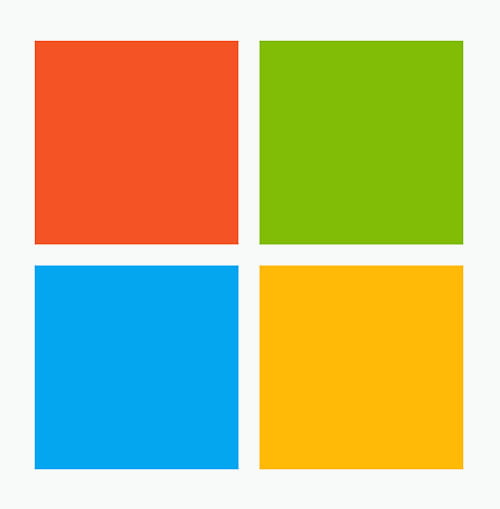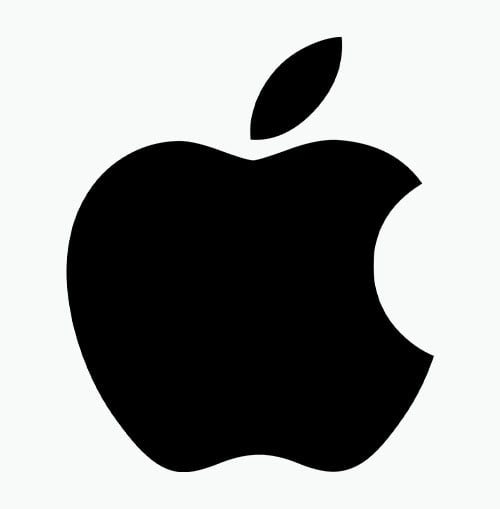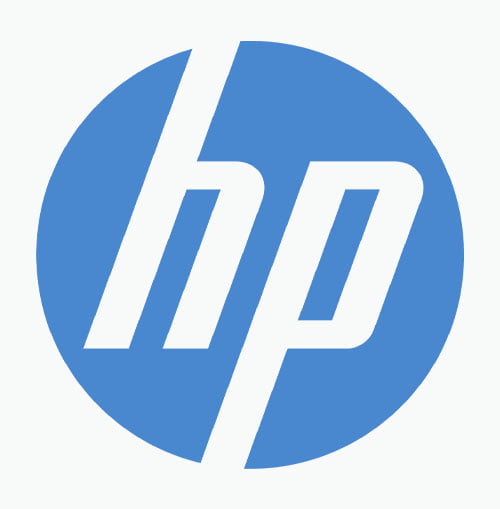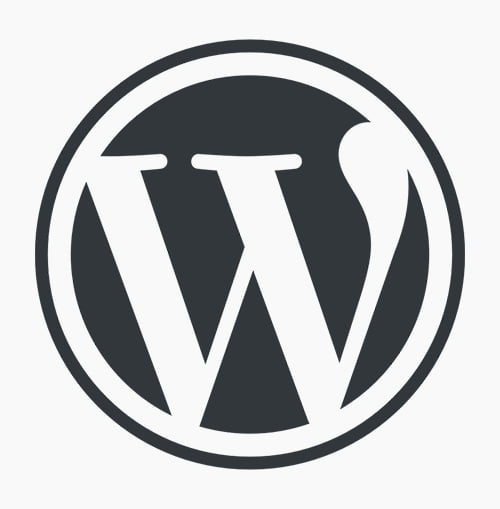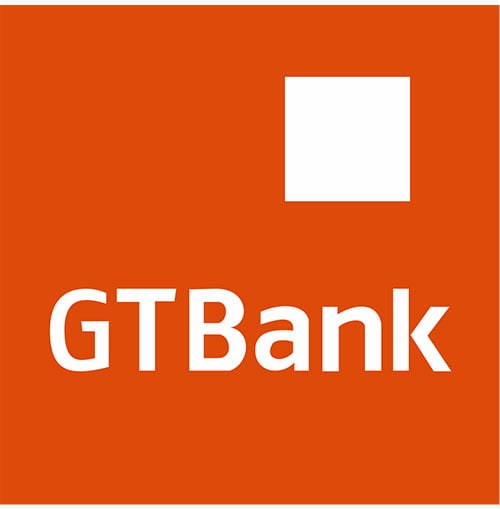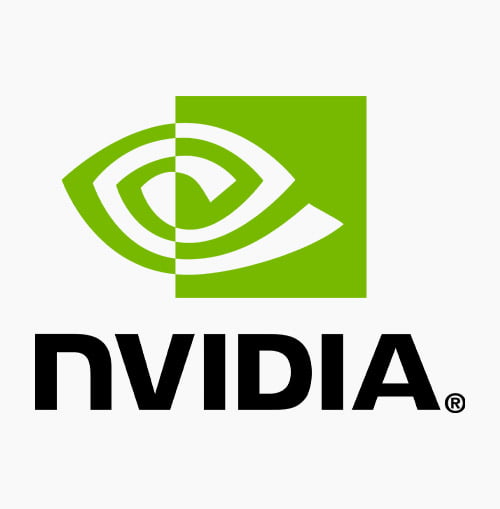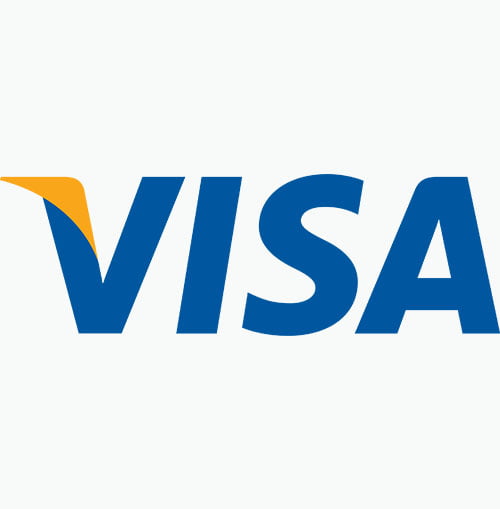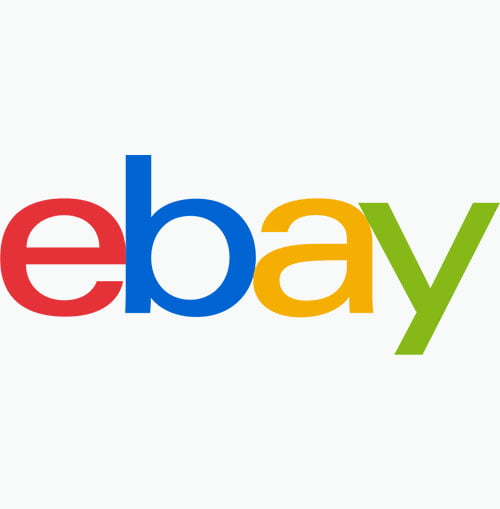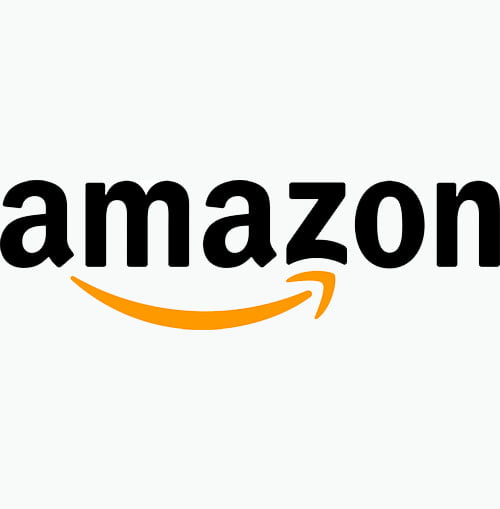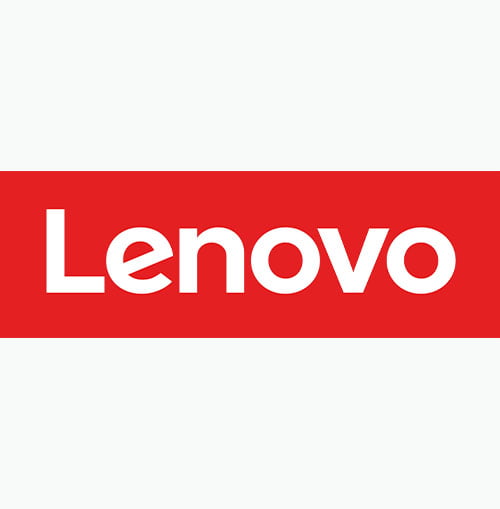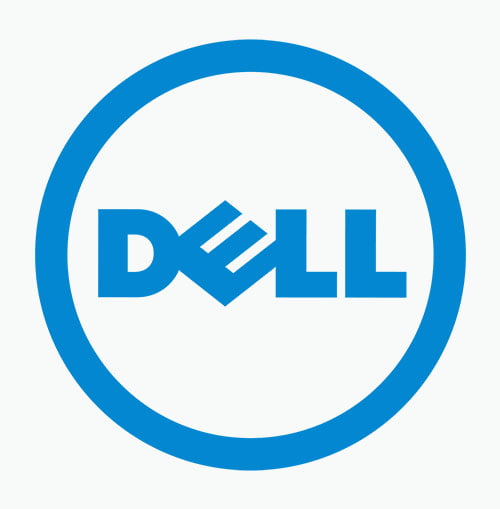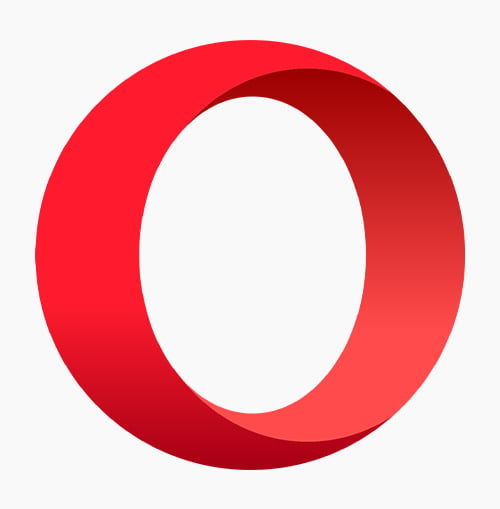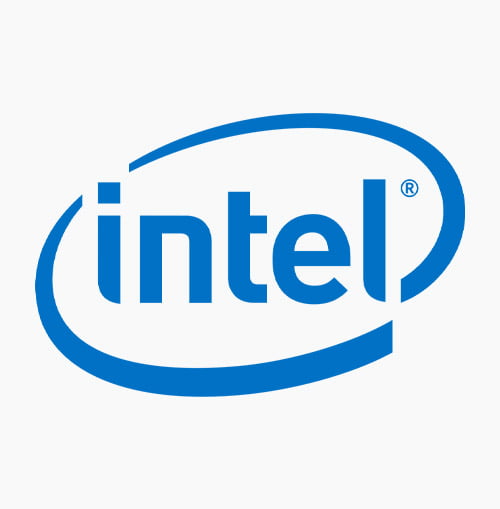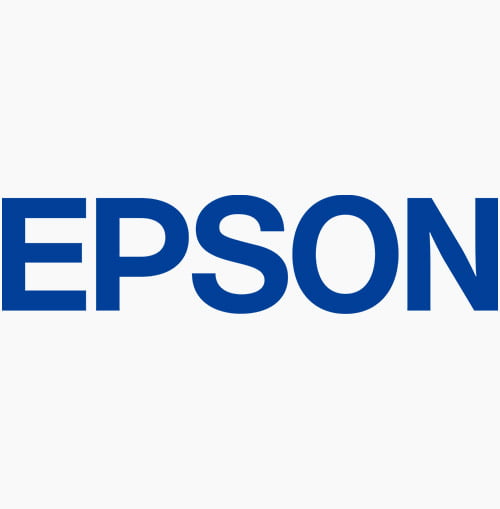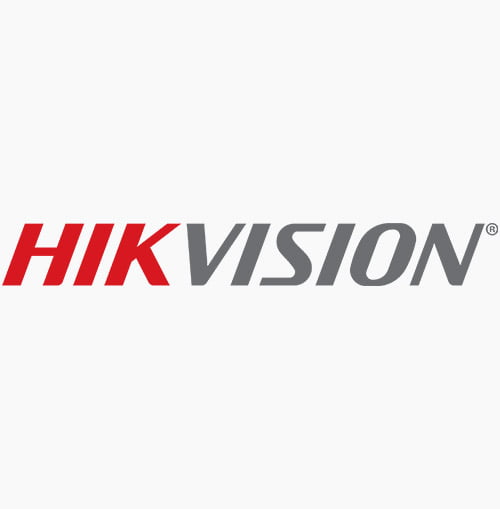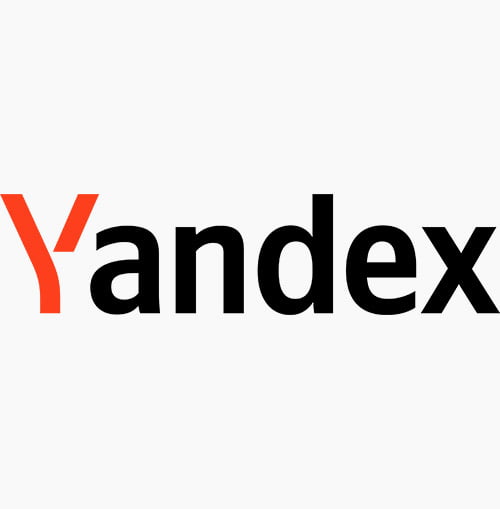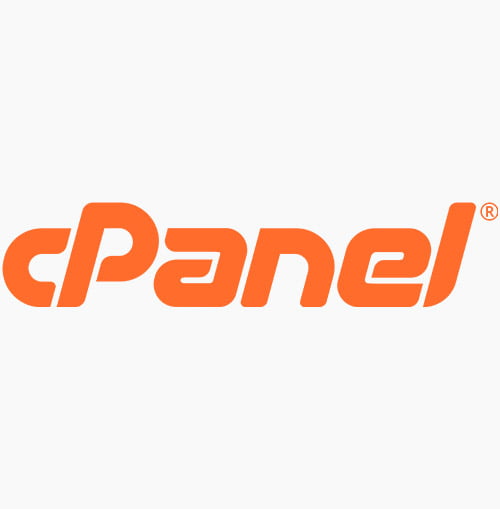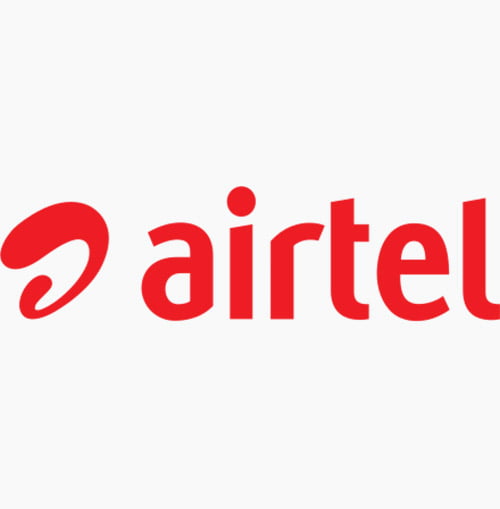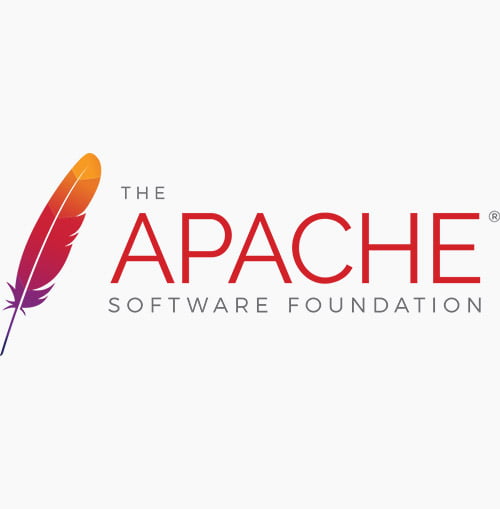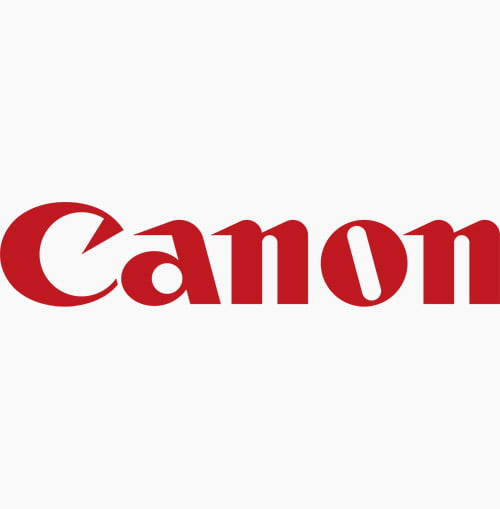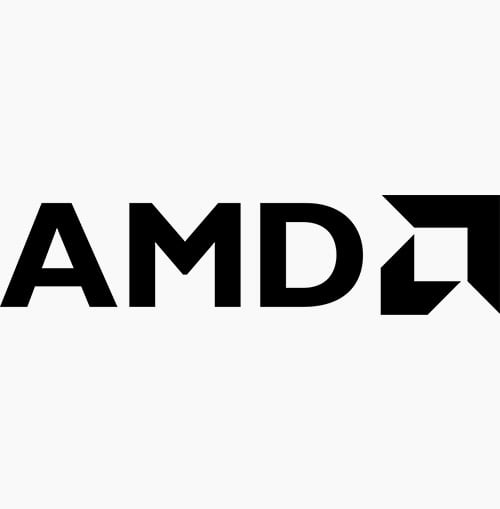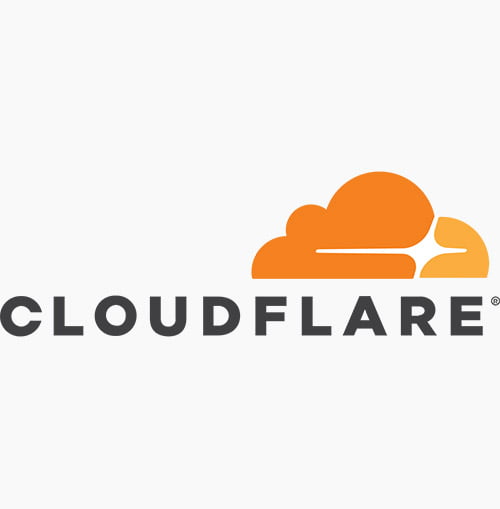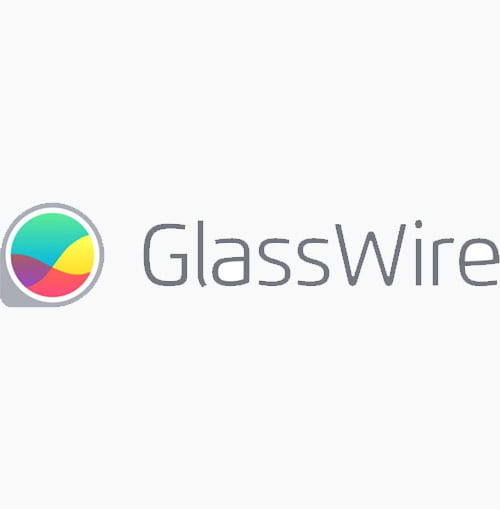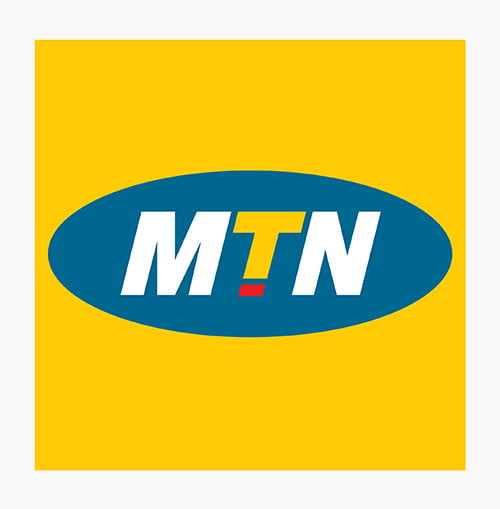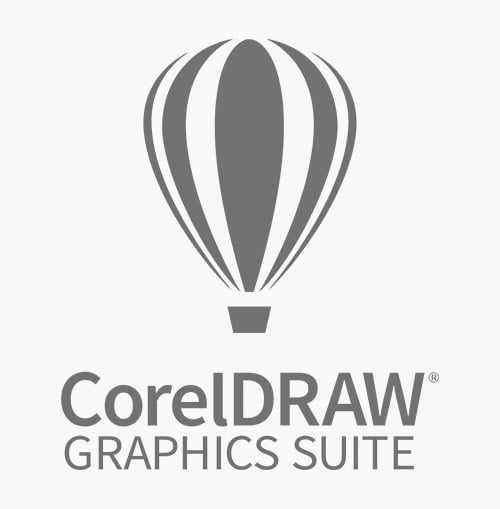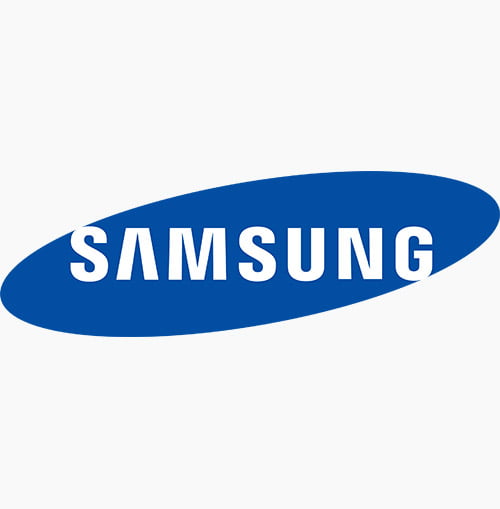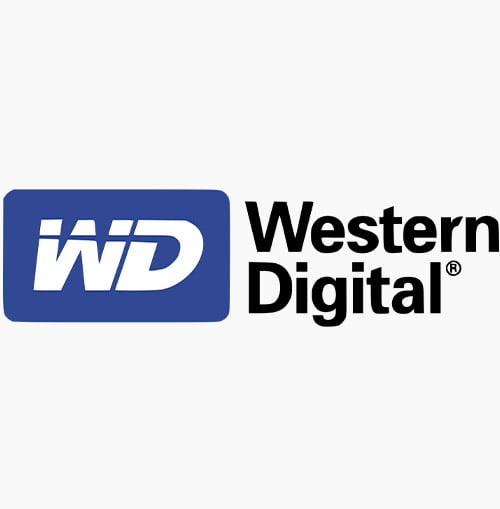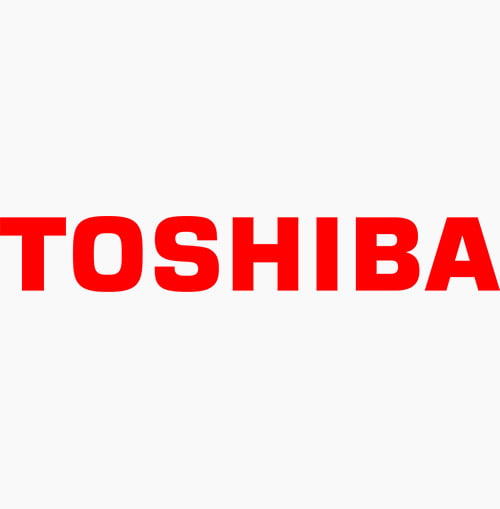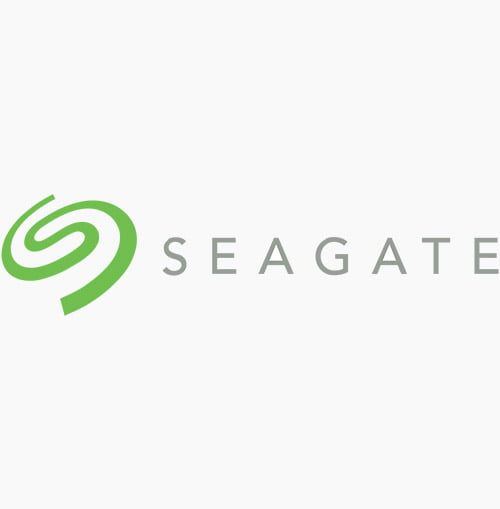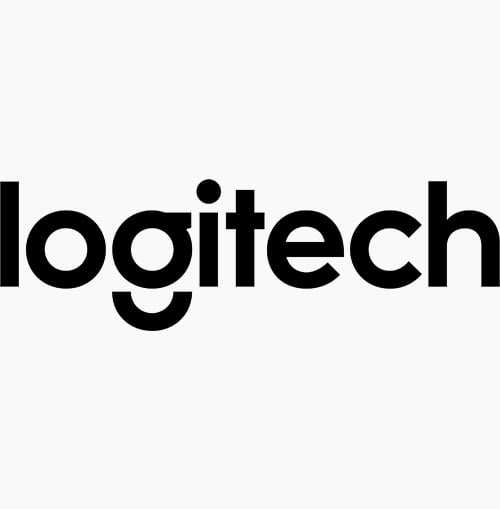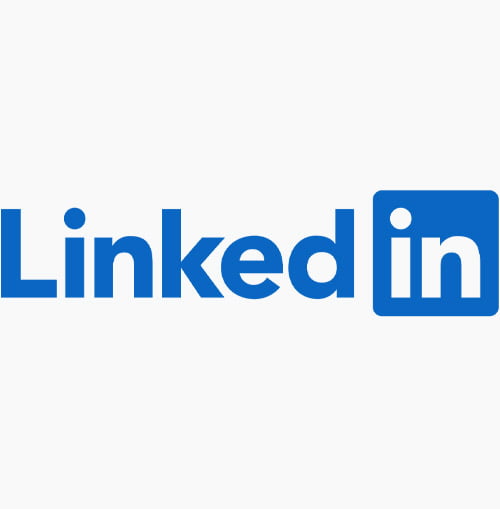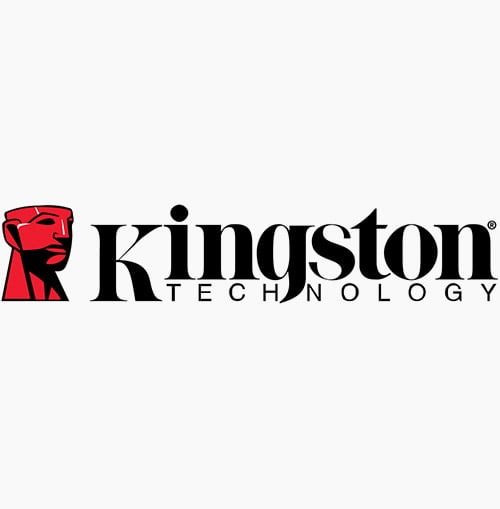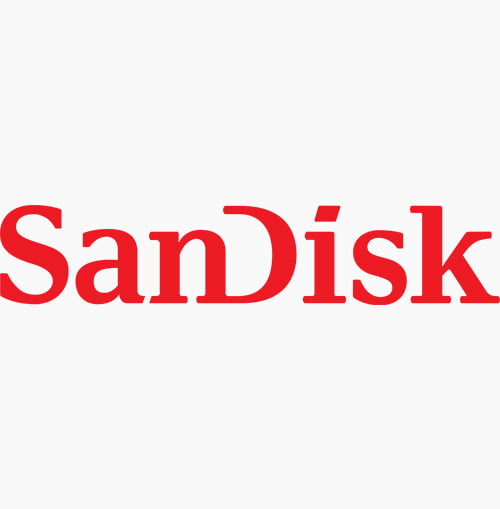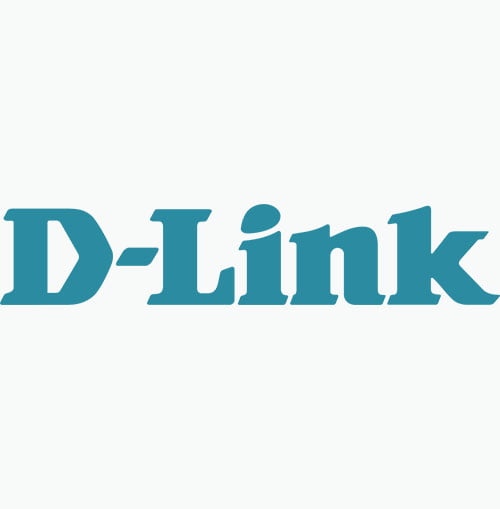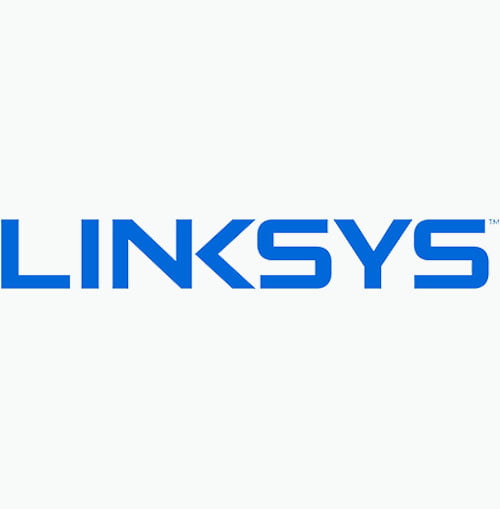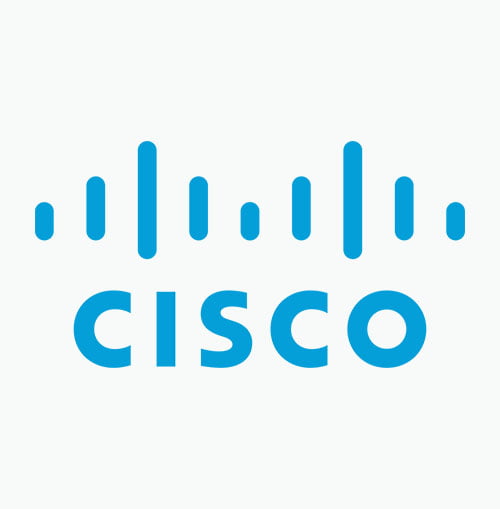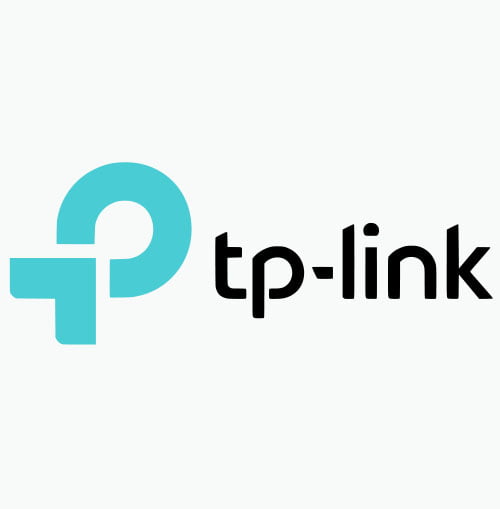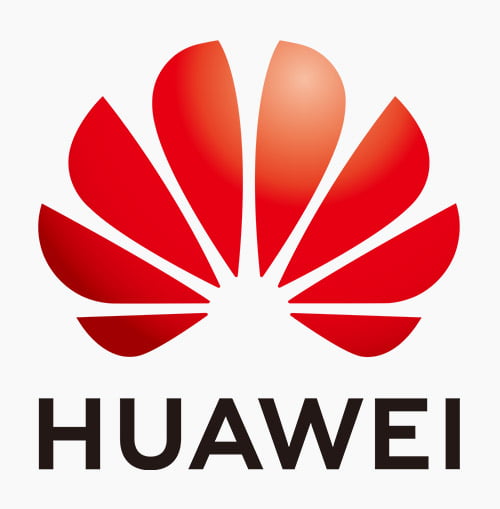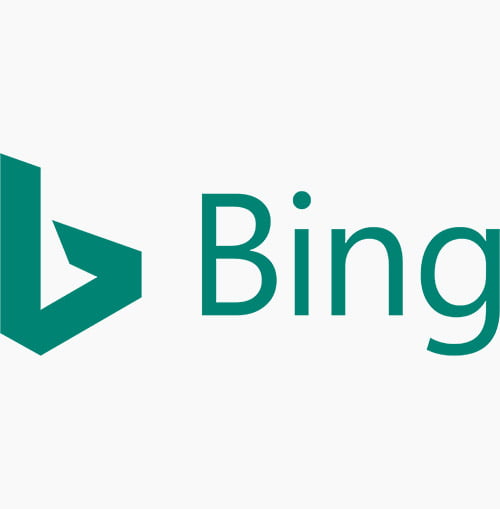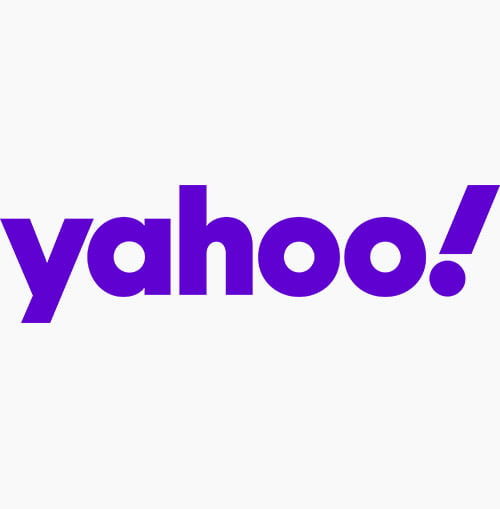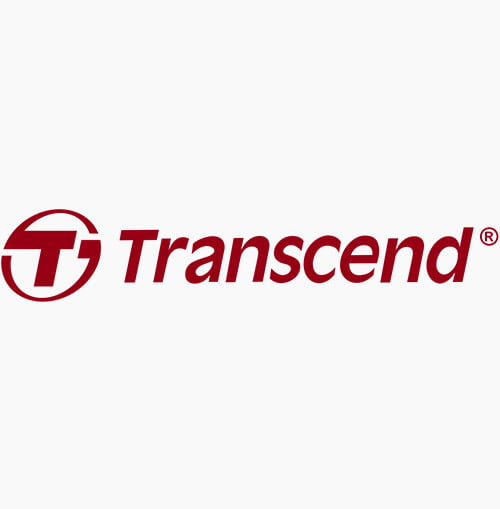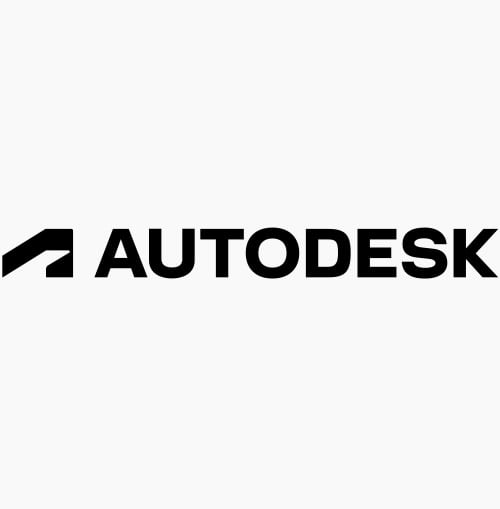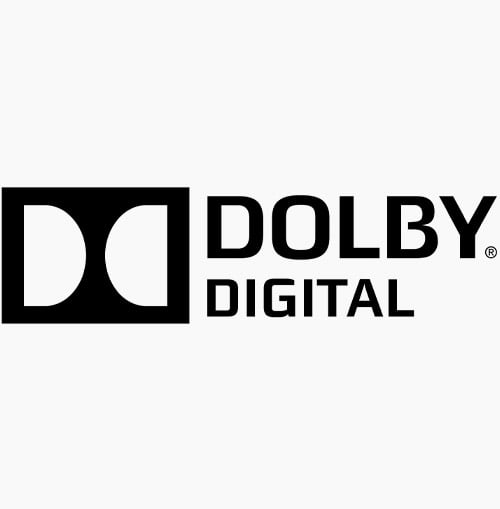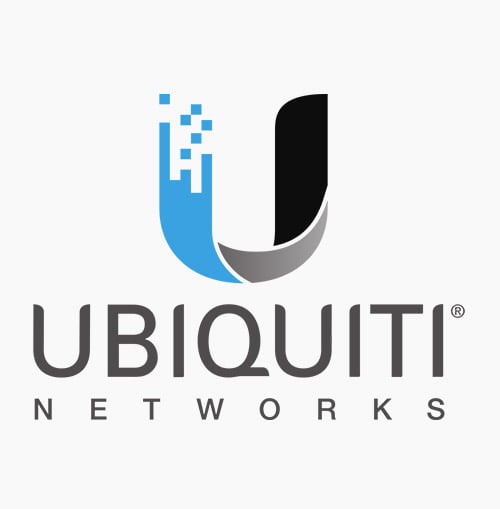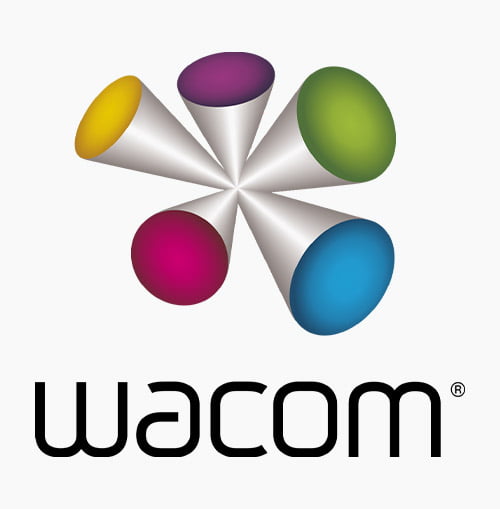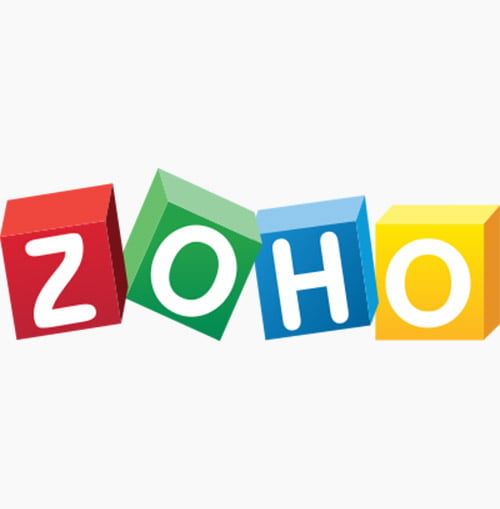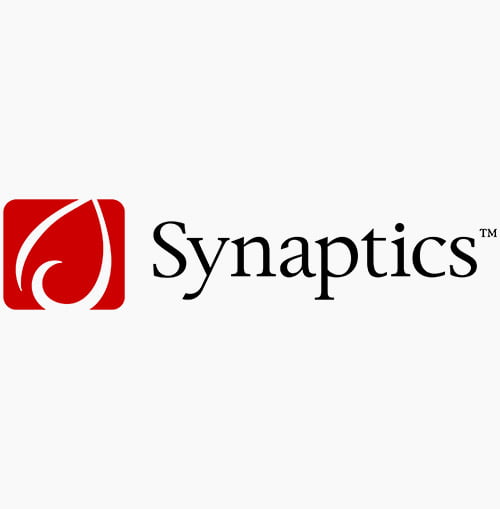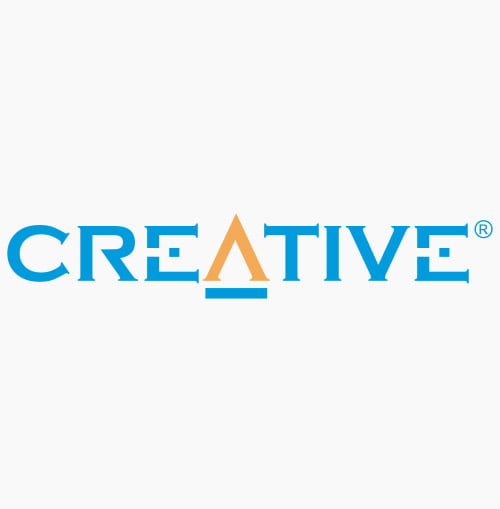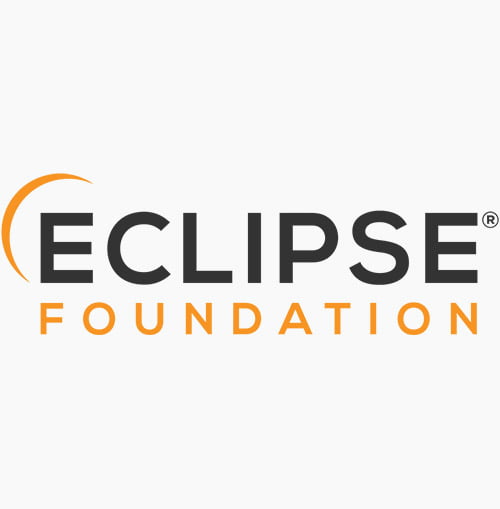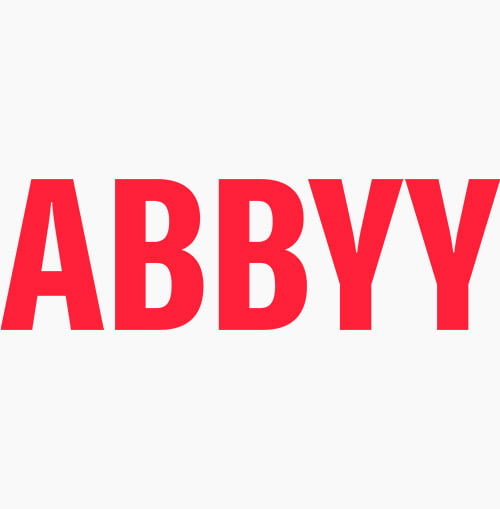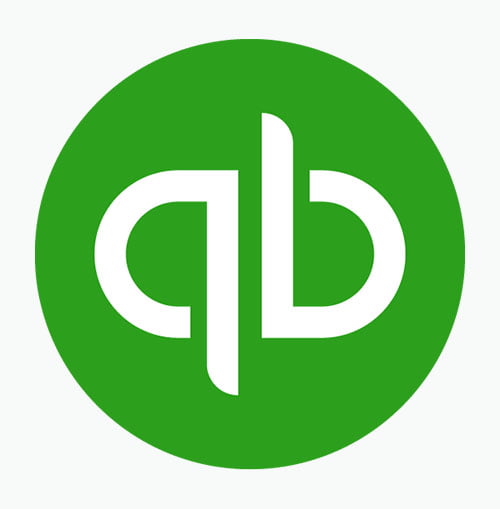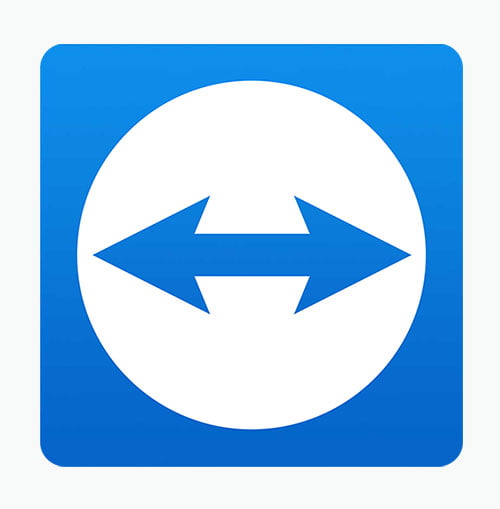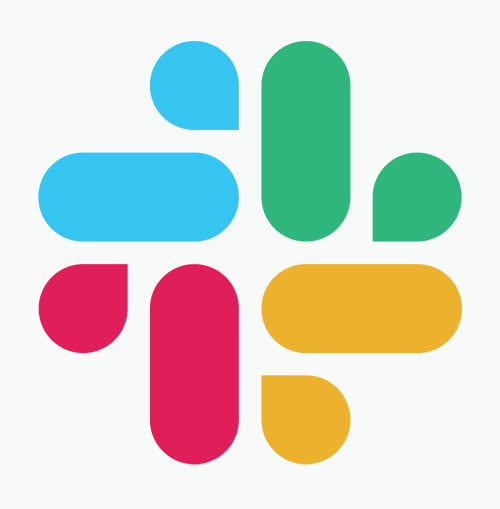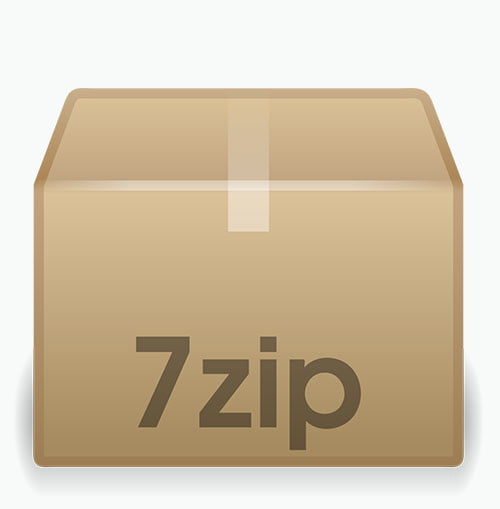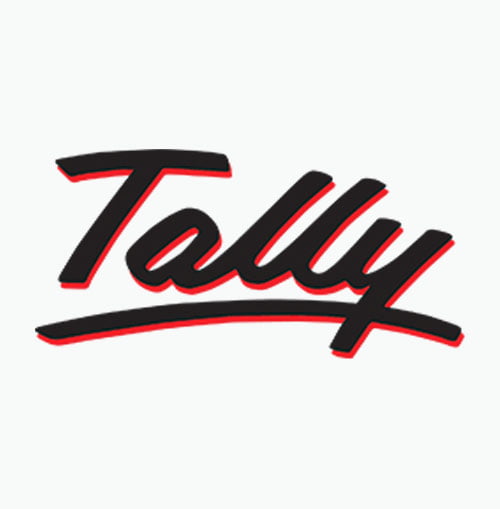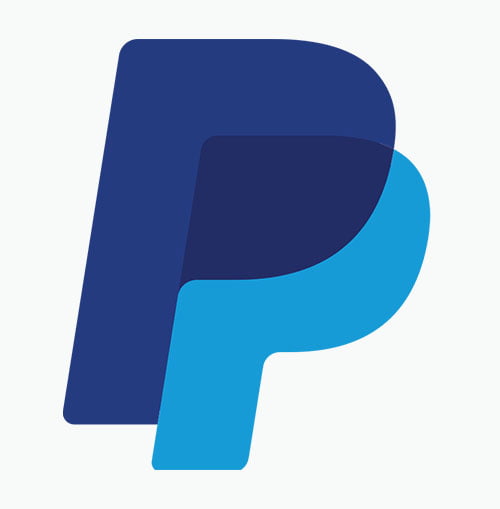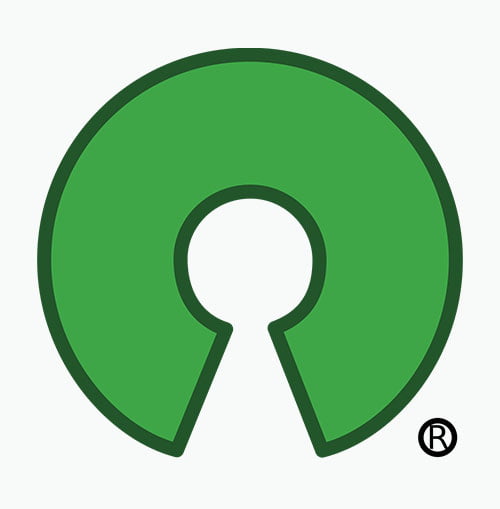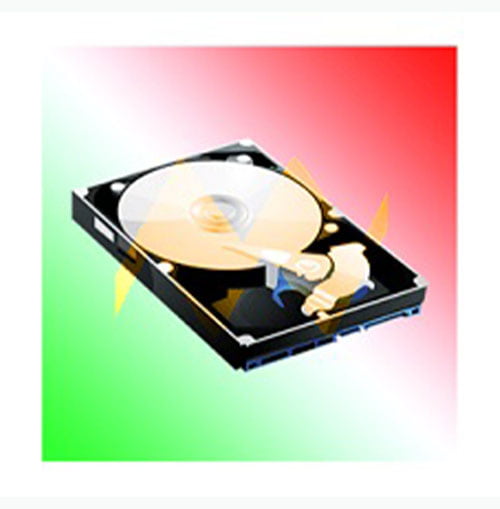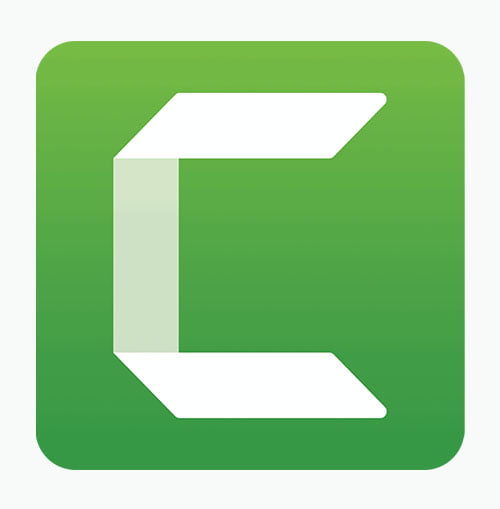Hotel website and management system solutions company kampala uganda isazeni solutions
It sounds like Isazeni Solutions SMC Limited could be well-positioned to offer specialized solutions for the hotel industry in Kampala, Uganda. A Hotel Website and Management System could provide a full-service platform that not only helps hotels and guesthouses create an online presence but also streamlines operations and enhances customer experience. Let’s explore how Isazeni Solutions can cater to this niche:
Hotel Website Solutions
A well-designed website is essential for any hotel today, as it serves as the first point of contact for potential guests. Here are some key features that a hotel website should offer:
- Responsive Design: Ensure the website is mobile-friendly since many people browse and book hotel rooms from their phones.
- Easy Navigation: Organize the website so visitors can easily find the information they need, such as room rates, availability, amenities, and local attractions.
- Online Booking System: A secure and user-friendly booking engine integrated into the website will allow guests to book rooms directly, reducing reliance on third-party booking platforms.
- Attractive Visuals: High-quality images of rooms, amenities, and the hotel’s surrounding area help showcase the property’s value.
- SEO Optimization: Make sure the website is optimized for search engines so potential guests can find the hotel easily when searching online.
Hotel Management System Solutions
An integrated Hotel Management System (HMS) is essential for managing the day-to-day operations of the hotel. By offering an advanced system, Isazeni Solutions can help hotels:
- Reservations and Booking Management: Automate the reservation process, track bookings, and manage availability in real-time.
- Guest Management: Maintain detailed records of guest preferences, histories, and loyalty programs to offer a personalized experience.
- Room Assignment: Automatically assign rooms based on guest preferences or availability, and manage room statuses (e.g., clean, occupied, etc.).
- Billing and Payment: Provide easy invoicing, payment tracking, and integration with various payment methods (credit cards, mobile money, etc.).
- Reporting and Analytics: Generate reports on bookings, revenue, occupancy rates, and other key metrics to assist with decision-making.
- Staff Management: Simplify scheduling and task management for hotel staff, helping ensure smooth operations and an excellent guest experience.
How Isazeni Solutions Can Add Value
- Custom Solutions: Isazeni can build a tailor-made hotel website and management system that fits each hotel’s specific needs, ensuring maximum efficiency and guest satisfaction.
- Local Expertise: With your base in Kampala, Uganda, you understand the local market, making it easier to cater to hotels and hospitality businesses in the region.
- Ongoing Support: Offering technical support and updates for the hotel’s system ensures that everything runs smoothly, from software updates to addressing any technical issues.
- Integration with Local Systems: You can integrate the hotel system with local payment gateways, mobile money systems, or even local tourist information, adding convenience for both hotel owners and guests.
Benefits for Hotels
- Enhanced Guest Experience: By offering easy online booking, personalized services, and quick check-ins/check-outs, hotels can improve the guest experience.
- Increased Revenue: By eliminating the need for third-party booking platforms and streamlining the booking process, hotels can retain a larger portion of revenue.
- Operational Efficiency: Hotel staff can focus more on providing excellent customer service instead of dealing with administrative tasks.
- Scalability: As the hotel grows, the management system can be easily scaled to meet the increased demand.
The Market Opportunity in Kampala and Uganda
Kampala, as the capital city of Uganda, sees a significant flow of both local and international travelers. By offering specialized hotel website and management system solutions, Isazeni Solutions can tap into this growing tourism and hospitality sector. Many hotels and guesthouses in Uganda may not yet have the robust online presence or systems that international hotels offer, so Isazeni’s solutions could fill a crucial gap in the market.
What is Hotel website and management system solutions
A Hotel Website and Management System Solution is a comprehensive digital platform designed to streamline and enhance the operations, marketing, and customer experience of hotels and other accommodation businesses. It includes both the front-end website that guests interact with, and the back-end management system used by hotel staff to run daily operations. This combined solution helps hotel owners improve efficiency, increase revenue, and deliver better service to their guests.
Here’s a breakdown of the two main components:
- Hotel Website Solutions
This refers to the online presence and booking platform for a hotel. It’s the digital storefront where potential guests find information about the hotel and make reservations.
Key features of a Hotel Website include:
- Attractive Design: A visually appealing and user-friendly interface that represents the hotel’s branding and atmosphere.
- Responsive Design: The website must be optimized for mobile, tablet, and desktop devices since many customers now browse and book rooms from their phones.
- Room Listings: Information about available rooms, rates, and amenities, along with high-quality images of the hotel.
- Online Booking System: A secure, easy-to-use booking engine that allows guests to check room availability and make reservations directly through the website.
- Payment Integration: Online payment gateways to allow guests to pay for their bookings securely, whether by credit card, mobile money, or other methods.
- SEO (Search Engine Optimization): To improve the hotel’s visibility on search engines like Google, making it easier for potential guests to find the hotel when searching online.
- Guest Reviews and Ratings: A system to display guest reviews or testimonials, which helps build trust and influence booking decisions.
- Local Attractions and Services: Providing information about nearby tourist spots, restaurants, and transportation options.
- Hotel Management System (HMS) Solutions
The Hotel Management System (HMS) is a back-end platform used by hotel management and staff to handle the day-to-day operations of the hotel. It integrates all essential processes, such as guest reservations, room management, and billing, into a centralized system for efficiency and ease of use.
Key features of a Hotel Management System include:
- Reservation and Booking Management: The system allows staff to manage and track guest reservations, either made through the website or directly with the hotel. It also helps avoid overbooking and ensures rooms are available as needed.
- Guest Check-in and Check-out: Streamlined check-in/check-out processes that can be automated or managed through the system to save time for both guests and hotel staff.
- Room Assignment: Automatically assigns guests to rooms based on their preferences or availability, while maintaining the flexibility to adjust assignments manually.
- Housekeeping and Maintenance Tracking: Helps keep track of room cleaning schedules, maintenance requests, and room status (e.g., ready for check-in, in use, under maintenance).
- Billing and Invoicing: A system for generating invoices and processing payments, whether guests pay at check-in or check-out. It can also track any extra charges for services like spa visits or restaurant meals.
- Point of Sale (POS): Integration with in-house services such as restaurants, bars, or gift shops, allowing the hotel to manage purchases and payments seamlessly.
- Guest Profile and History: Keeps detailed records of guests’ preferences, stay history, and loyalty programs. This allows hotels to personalize their services for repeat guests.
- Reporting and Analytics: Generates real-time reports and analytics on occupancy rates, revenue, guest demographics, and other performance metrics. This is valuable for decision-making and forecasting.
- Multi-Property Support: For hotel chains or groups, the system can manage multiple properties from one central location, making it easier to oversee operations across all locations.
Benefits of Hotel Website and Management System Solutions
- Improved Customer Experience: Guests can book rooms easily online, view up-to-date room availability, and enjoy a smooth check-in/check-out process. Personalized services can be offered based on guest data, such as room preferences or loyalty rewards.
- Increased Direct Bookings: With a strong website and easy booking system, hotels can encourage guests to book directly rather than using third-party booking platforms, which often charge hefty commission fees.
- Streamlined Operations: The management system reduces administrative work, allowing hotel staff to focus on providing better customer service. It automates key tasks, such as booking management, housekeeping, and billing.
- Better Decision Making: Through detailed reports and analytics, hotel managers can make data-driven decisions, improving revenue management and operational efficiency.
- Cost Efficiency: Automation of key hotel functions reduces human error and saves time, which can translate into cost savings.
- Enhanced Online Presence: With a well-optimized website and digital marketing tools, hotels can reach a broader audience, improve visibility on search engines, and attract more guests.
Why Hotels Need Both
A hotel website alone would not be enough in today’s competitive hospitality market. Without a proper management system, the back-end operations would be chaotic, leading to inefficiency, booking errors, and poor guest experiences.
Similarly, a management system without an online booking component would miss out on a significant portion of potential guests who book their stays online. Integrating the two allows the hotel to have a seamless, unified system for both marketing and operational management.
Conclusion
In summary, a Hotel Website and Management System Solution combines the marketing power of a well-designed website with the operational efficiency of an advanced management system. Together, they help hotels enhance the guest experience, improve operational workflows, and increase profitability.
For a company like Isazeni Solutions SMC Limited, offering these integrated solutions can help local hotels in Kampala, Uganda, stay competitive and meet the growing demands of tech-savvy travelers. Would you like to dive deeper into any of these features or explore how Isazeni could implement them for a specific hotel?
Need Systems Design & Software Development?
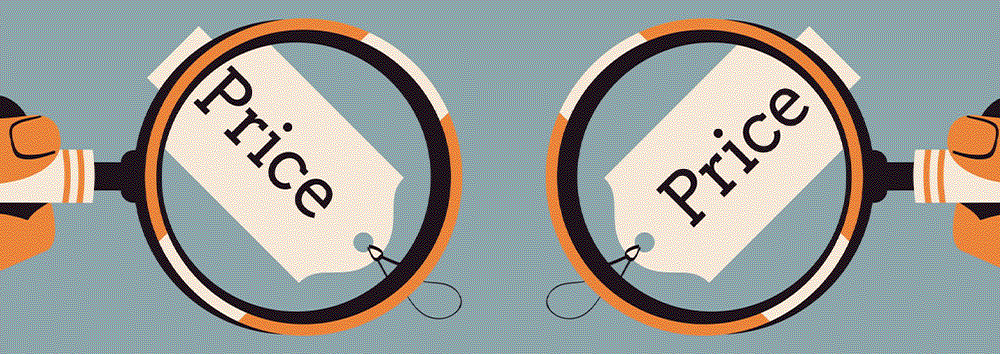
How much is Hotel website and management system solutions
The cost of Hotel Website and Management System Solutions can vary based on the scope and complexity of the project, the size of the hotel, and the specific features required. For a company like Isazeni Solutions SMC Limited in Kampala, Uganda, offering customized solutions, the pricing can be tailored to meet the individual needs of hotels, from small guesthouses to large hotel chains.
Key Factors Affecting the Cost:
- Website Design and Development:
- Custom design and branding.
- Integration with booking engines, payment gateways, and social media.
- Search Engine Optimization (SEO) for better visibility.
- Hotel Management System (HMS):
- Number of rooms/units to be managed.
- Features like reservations, billing, room management, and reporting.
- Integration with other systems (POS, restaurant management, mobile apps, etc.).
- Maintenance and Support:
- Ongoing updates and bug fixes.
- Technical support for system operation and troubleshooting.
- Hosting and domain registration costs.
- Additional Features:
- Mobile app integration.
- Customizable guest experience features (e.g., loyalty programs, personalized recommendations).
- Multi-property support (for hotel chains).
Example Pricing Breakdown:
Let’s break down some example costs for a basic hotel website and management system solution. Please note that the prices are estimates and can vary significantly based on the specific needs of the hotel.
|
Service |
Basic Package (UGX) |
Intermediate Package (UGX) |
Advanced Package (UGX) |
|
Website Design & Development |
1,850,000 – 5,550,000 |
5,550,000 – 11,100,000 |
11,100,000 – 18,500,000 |
|
Hotel Management System (HMS) |
3,700,000 – 9,250,000 |
9,250,000 – 18,500,000 |
18,500,000 – 37,000,000 |
|
Online Booking Integration |
Included |
Included |
Included |
|
Payment Gateway Integration |
370,000 – 1,850,000 |
1,850,000 – 3,700,000 |
3,700,000 – 7,400,000 |
|
SEO & Digital Marketing |
1,110,000 – 2,590,000 |
2,590,000 – 5,550,000 |
5,550,000 – 11,100,000 |
|
Mobile Optimization (Responsive) |
Included |
Included |
Included |
|
Maintenance & Support (Annual) |
1,850,000 – 3,700,000/year |
3,700,000 – 7,400,000/year |
7,400,000 – 13,000,000/year |
|
Custom Features (Add-ons) |
1,850,000 – 7,400,000/feature |
7,400,000 – 18,500,000/feature |
18,500,000 – 37,000,000/feature |
Breakdown of Packages:
1. Basic Package (For Small Hotels or Guesthouses):
- Website Design & Development: A simple, clean design with essential pages (Home, Rooms, About, Contact, and Booking Page). Includes basic SEO to help improve search engine ranking.
- Hotel Management System: Includes core functionalities like room availability, booking management, and basic guest check-in/check-out.
- Online Booking Integration: Allows guests to view available rooms and book directly from the website.
- Payment Gateway: Integration with a local or international payment system for secure transactions.
- Mobile Optimization: The website will be fully responsive, meaning it will work on both desktop and mobile devices.
- Estimated Cost for Basic Package: UGX 7,000,000 – 14,000,000
2. Intermediate Package (For Mid-Size Hotels):
- Website Design & Development: A more complex design, with custom branding and more advanced features like interactive room selection, gallery, testimonials, and a blog section.
- Hotel Management System: Advanced features like customer profile management, detailed reporting, room service requests, and integration with the hotel’s point-of-sale (POS) system.
- Online Booking Integration: Full-featured online booking system, including multi-room booking, seasonal pricing, and discount management.
- Payment Gateway: Multiple payment options, including credit cards, mobile payments, and other local payment gateways.
- SEO & Digital Marketing: A more robust SEO strategy with a focus on increasing visibility through organic search results, Google Ads campaigns, or social media marketing.
Estimated Cost for Intermediate Package: UGX 18,500,000 – 37,000,000
3. Advanced Package (For Large Hotels or Hotel Chains):
- Website Design & Development: A high-end design with advanced functionalities such as integration with third-party apps (travel agencies, booking platforms), custom guest portals, and video tours of the property.
- Hotel Management System: Comprehensive HMS with features like multi-property support, advanced reporting and analytics, full guest management, loyalty programs, and the ability to integrate with third-party systems (e.g., accounting or HR software).
- Online Booking Integration: Advanced booking capabilities with real-time availability synchronization across all properties.
- Payment Gateway: Integration with various payment methods (e.g., PayPal, Visa, Mastercard, and mobile money) and support for international payments.
- Mobile Optimization: Full optimization for mobile devices, with potential for a custom mobile app for guests.
- Custom Features: Features like loyalty programs, upselling services (spa, dining), or integrations with other marketing tools.
- Maintenance & Support: Continuous support and system updates for smoother operation and to stay up to date with evolving technologies.
- Estimated Cost for Advanced Package: UGX 37,000,000 – 66,500,000+
Additional Costs (Optional Add-Ons):
- Mobile App Development: For guests to manage bookings, check in, access services, etc. (18,735,000 UGX – 74,940,000 UGX + depending on the features).
- Custom Integrations: Integrating with other software or platforms such as accounting systems, CRMs, or additional third-party services (pricing varies).
- Advanced SEO & Marketing: Long-term SEO campaigns, social media management, and paid ad campaigns for wider visibility.
Example for a 3-Star Hotel in Kampala
- Let’s consider a 3-star hotel with 30 rooms in Kampala. The hotel may opt for a combination of the Basic to Intermediate Package:
|
Service |
Estimated Cost (UGX) |
|
Website Design & Development |
5,550,000 |
|
Hotel Management System (HMS) |
9,250,000 |
|
Online Booking Integration |
Included |
|
Payment Gateway Integration |
1,850,000 |
|
SEO & Digital Marketing |
2,590,000 |
|
Maintenance & Support (Annual) |
3,700,000 |
|
Total Estimated Cost |
UGX 23,940,000 |
- For a 3-star hotel, the total cost of developing a website and implementing the hotel management system might fall around UGX 23,940,000 for the first year, which includes development, integration, and initial digital marketing.
Optional Add-Ons (Increased Cost)
- Mobile App Development: If the hotel wants a custom mobile app for bookings, notifications, and services, the cost could range between UGX 18,500,000 – 37,000,000+ depending on features.
- Custom Integrations: Adding third-party software integrations (e.g., accounting systems, CRM) can increase the cost by UGX 7,400,000 – 18,500,000 per integration.
Conclusion
The cost of Hotel Website and Management System Solutions for a hotel in Kampala, Uganda can range from UGX 7,000,000 for a small hotel (basic package) to UGX 66,500,000+ for a large hotel or hotel chain requiring advanced features.
These costs are estimates, and the actual pricing will depend on specific requirements such as design complexity, the number of rooms, integrations, and any custom features the hotel needs. Would you like to explore a more detailed cost proposal based on your specific requirements or a certain type of hotel? Let me know if you need further details!
Need Systems Designers & Software Developers?

Types of Hotel website and management system solutions
Hotel websites and management system solutions are tailored to meet the specific needs of different types of hotels. These systems typically combine front-end booking functionalities and back-end management tools to streamline operations, improve guest experiences, and boost revenue. Below are 10 types of hotel website and management system solutions, each catering to different categories of hotels:
1. Basic Hotel Website & Booking System
Target Audience: Small hotels, guesthouses, bed & breakfasts, or budget accommodations.
Key Features:
- Simple Website Design: Clean and minimalistic design focused on essential information like rooms, rates, services, and contact details.
- Basic Booking Engine: Allows guests to check room availability and book directly online.
- Mobile Optimization: Ensures the website is responsive and works on mobile devices.
- Limited Integrations: Includes basic features without advanced integrations like payment gateways or complex CRM.
Benefits:
- Cost-effective for smaller establishments.
- Quick setup with basic functionalities.
- Easy for guests to find information and make direct bookings.
2. Boutique Hotel Website & Management System
Target Audience: Boutique hotels, small luxury hotels, or designer hotels.
Key Features:
- Customizable Design: Unique and creative design that reflects the personality of the hotel.
- Advanced Booking System: More advanced features such as special requests, flexible booking options, and multiple language support.
- Guest Profiles: Keeps track of guest preferences to offer personalized services during future stays.
- Analytics & Reporting: Basic revenue management tools and reports on booking trends.
Benefits:
- Provides a personalized experience for guests.
- Improved branding to reflect a boutique feel.
- Optimized for local and international guests with multi-language and multi-currency support.
3. Resort Website & Management System
Target Audience: Resorts and vacation destinations.
Key Features:
- Feature-Rich Website: Includes detailed information about accommodations, amenities (spa, gym, pools), and activities (tours, events, dining).
- Integrated Reservation Management: Manages reservations for various facilities within the resort, such as rooms, restaurants, and event spaces.
- Customizable Packages: Allows guests to book vacation packages that include rooms, tours, meals, and activities.
- Online Payment Systems: Integration with local and international payment gateways for secure online payments.
Benefits:
- Enhances guest engagement by promoting additional services.
- Streamlines the booking of complex packages with multiple components.
- Increases direct bookings, minimizing reliance on third-party platforms.
4. Luxury Hotel Website & Management System
Target Audience: 5-star hotels, high-end resorts, and luxury accommodations.
Key Features:
- High-End Design: Visually stunning design with high-quality images, virtual tours, and interactive elements.
- Advanced CRM Integration: Tracks guest preferences and history, enabling personalized services (e.g., room temperature, pillow preference).
- Loyalty Programs: Integrates with customer loyalty programs to reward returning guests.
- Real-Time Availability & Booking System: Ensures that room availability is always accurate, with real-time updates.
Benefits:
- Builds a strong brand presence online with an elegant website.
- Personalized services that enhance the guest experience and foster loyalty.
- Sophisticated booking engine that can handle high-end transactions smoothly.
5. Chain Hotel Website & Management System
Target Audience: Hotel chains and franchises.
Key Features:
- Multi-Property Management: Centralized system to manage multiple hotel locations from one dashboard.
- Centralized Booking System: Guests can book across different properties with one system, reducing friction and complexity.
- Corporate Client Management: Special rates and packages for corporate clients or travel agencies.
- Custom Reporting Tools: For real-time reporting and performance tracking across all properties.
Benefits:
- Centralized control of all properties in a chain.
- Easier to manage large volumes of bookings and guests.
- Enhanced brand consistency across all locations.
6. Hotel for Events (Conference & Meetings)
Target Audience: Hotels with conference halls, event spaces, and meeting facilities.
Key Features:
- Event Booking System: Allows clients to book conference rooms, meeting spaces, and other event venues.
- Room Block Management: Facilitates group bookings and block reservations for events.
- Customizable Packages: Create and manage event packages including catering, audio-visual equipment, etc.
- Event Calendar Integration: Displays upcoming events and enables direct booking for conferences and meetings.
Benefits:
- Makes it easy for corporate clients to book large events and manage group accommodations.
- Simplifies event space scheduling and reduces double-booking.
- Boosts revenue from hosting events, conferences, and meetings.
7. Budget Hotel Website & Management System
Target Audience: Budget hotels, hostels, and motels.
Key Features:
- Simplified Design: Basic website with essential information on rooms, rates, and amenities.
- Booking Management: A streamlined booking engine with simple options for dates and room types.
- Integration with Budget Booking Channels: Integration with popular budget booking sites like Booking.com or Hostelworld for increased visibility.
- Basic Reporting & Analytics: Simple tools to track occupancy and booking trends.
Benefits:
- Ideal for budget-conscious travelers.
- Provides quick and easy online booking with minimal investment.
- Increases visibility through integration with third-party platforms.
8. Hotel Website & Management System with Mobile App
Target Audience: Hotels looking to engage guests through mobile devices.
Key Features:
- Mobile-Optimized Website: Fully responsive website for seamless mobile use.
- Custom Mobile App: An app that allows guests to check in, access room services, and make bookings directly from their smartphones.
- Push Notifications: Sends real-time updates to guests about their bookings, promotions, and events.
- Integration with IoT: Syncs with smart devices in rooms (e.g., smart thermostats, lighting, etc.) for a personalized guest experience.
Benefits:
- Enhances guest engagement with a mobile-first approach.
- Increases convenience for guests, improving the overall experience.
- Provides valuable real-time communication with guests.
9. Online Travel Agency (OTA) Integrated Hotel Website
Target Audience: Hotels that want to expand their online presence through travel agencies.
Key Features:
- OTA Integration: Integration with popular OTAs like Expedia, Agoda, and Airbnb for wider reach.
- Real-Time Inventory Management: Automatically syncs room availability with OTAs to prevent overbooking.
- Promotions & Discounts: Easily offers deals and promotions that can be shared across OTAs.
- Booking Channel Management: Centralized system for managing bookings from various OTAs and websites.
Benefits:
- Expands the hotel’s market reach via OTAs.
- Minimizes the risk of overbooking by syncing room inventory in real-time.
- Increases booking volume through broader exposure.
10. All-in-One Property Management System (PMS) for Hotels
Target Audience: Hotels with a variety of services, including restaurants, spas, and room service.
Key Features:
- Centralized Management Dashboard: Integrates booking, payments, guest check-in/check-out, and operational tasks into one system.
- Multi-Department Integration: Coordinates front desk, housekeeping, restaurant, and other departments in real-time.
- Advanced Guest Management: Tracks guest preferences, loyalty status, and booking history for a personalized experience.
- Real-Time Reports & Analytics: Provides detailed operational insights, occupancy rates, revenue, and more.
Benefits:
- Centralizes all hotel management tasks in one platform.
- Improves operational efficiency by automating processes.
- Provides detailed insights for better decision-making and increased profitability.
Conclusion:
These 10 types of hotel website and management system solutions cater to a wide range of hotel needs, from budget accommodations to luxury resorts, and everything in between. Choosing the right solution depends on the size of the hotel, the complexity of operations, and the specific services offered. Whether it’s a simple website for a guesthouse or a comprehensive all-in-one management system for a hotel chain, each solution is designed to enhance efficiency, improve guest experiences, and boost profitability.
Need Systems Designers & Software Developers?
Why is Hotel website and management system solutions important
A hotel website and management system solution is crucial for hotels of all sizes, as it plays a pivotal role in enhancing operations, improving guest experience, and maximizing revenue. Below are 10 detailed reasons why such solutions are essential for the success of a hotel:
- Centralized Operations Management
A hotel management system (PMS) integrates all the hotel’s operational activities, from booking and front desk management to housekeeping and guest services, into a single platform. This centralization of operations helps hotel staff manage all aspects efficiently in real-time, ensuring smooth workflows and reducing the chance of errors. Whether managing room availability, guest check-ins, or payments, everything is streamlined.
- Example: A front desk manager can view real-time room occupancy, upcoming bookings, and housekeeping schedules all in one dashboard, allowing for faster and more accurate decision-making.
- Increased Direct Bookings and Revenue
With a hotel website and booking engine integrated into the system, hotels can encourage direct bookings, bypassing third-party booking platforms like Booking.com or Expedia, which typically charge commissions. By offering special deals or incentives (e.g., discounts, free upgrades) for guests who book directly on the hotel’s website, hotels can increase their profit margins.
- Example: Offering a 10% discount for direct bookings on the hotel website encourages guests to bypass OTAs and book directly, increasing the hotel’s revenue.
- Enhanced Guest Experience and Personalization
A hotel website and management system store detailed guest preferences, booking history, and special requests. This data can be used to offer personalized experiences to returning guests, such as preferred room types, special amenities, or customized services. Personalized experiences not only delight guests but also foster loyalty and increase repeat bookings.
- Example: If a guest regularly books a particular type of room or requests specific pillows, this information can be automatically stored and used to tailor their next visit, enhancing their experience and satisfaction.
- Real-Time Availability and Reservation Management
A real-time booking engine on the website ensures that room availability is always up-to-date, preventing overbooking or double-booking issues. Guests can see live availability and instantly make reservations, providing a seamless and convenient booking experience.
- Example: A guest visiting the hotel website can see which rooms are available on their chosen dates, and book immediately without having to wait for confirmation or worry about rooms becoming unavailable.
- Improved Operational Efficiency
Hotel management systems automate many administrative tasks, such as guest check-in/check-out, room assignments, invoicing, and billing. This not only saves time but also reduces human error, which is especially important for maintaining consistency in service delivery.
- Example: Housekeeping staff can receive real-time updates when a guest checks out, allowing them to prepare the room quickly for the next guest without delay, improving the overall turnaround time.
- Effective Revenue Management
A PMS often includes revenue management tools that help hotels optimize room pricing based on factors such as demand, time of year, and competitor pricing. Dynamic pricing ensures the hotel can adjust its rates to maximize revenue, ensuring rooms are priced at the optimal rate for occupancy.
- Example: During peak season, the hotel can automatically increase room rates, while in off-peak times, the system can lower rates or offer discounts to encourage more bookings.
- Mobile Optimization and Accessibility
A responsive website design is essential for attracting mobile users. More travelers now book hotels through their smartphones, and a mobile-optimized website provides them with an easy, accessible platform to browse rooms, check availability, and make bookings.
- Example: A guest searching for a hotel on their smartphone can quickly view the hotel’s offerings, make a booking, and receive an email confirmation, all from their mobile device, leading to a more seamless and efficient experience.
- Marketing and SEO Opportunities
A well-designed hotel website integrated with SEO tools allows the hotel to increase its online visibility. Search Engine Optimization (SEO) helps improve the hotel’s ranking on search engines like Google, making it easier for potential guests to find the hotel when searching for accommodation online.
- Example: A hotel website with optimized content (e.g., keywords, meta tags, and high-quality images) can rank higher in search results for terms like “affordable hotels in Kampala” or “luxury hotel near Lake Victoria.”
- Data-Driven Insights and Analytics
A hotel management system collects valuable data about guest preferences, booking trends, peak times, revenue, and other key metrics. These insights allow hotel owners and managers to make data-driven decisions that improve operations, marketing strategies, and guest satisfaction.
- Example: A hotel can use analytics to identify which types of rooms are most popular during certain months, enabling them to adjust pricing or promotions based on trends.
- Guest Engagement and Communication
The website and management system can integrate with guest messaging systems, allowing direct communication with guests before, during, and after their stay. Hotels can send personalized messages, updates, or promotions to guests via email, SMS, or push notifications, which increases engagement and encourages return visits.
- Example: A guest receives a pre-arrival email with details on check-in, local events, or spa offers, improving their anticipation of the stay. After check-out, a thank-you email with a special offer for future bookings can help maintain the relationship.
Conclusion:
A hotel website and management system solution is not just a tool for booking rooms or managing availability—it’s a comprehensive solution that supports every aspect of hotel operations. From improving guest experience and operational efficiency to optimizing revenue and enabling data-driven decisions, these systems empower hotels to stay competitive, build stronger guest relationships, and improve profitability.
By investing in these systems, hotels can streamline their operations, enhance their marketing efforts, and create a more personalized experience for their guests, ultimately driving growth and success in a highly competitive industry.
Need Systems Design & Software Development?
Need Systems Design & Software Development?
Our strategies and approaches
Isazeni Solutions, with its expertise in hotel website and management system solutions, utilizes a variety of strategies and approaches to help hotels streamline their operations, enhance guest experience, and increase revenue. Below are 10 strategies and approaches that Isazeni Solutions uses in delivering high-quality hotel website and management system solutions:
- Custom Website Design Tailored to the Hotel’s Brand
Isazeni Solutions emphasizes the importance of a unique, brand-driven website design for each hotel. A hotel website must reflect its personality and attract the right clientele.
Approach:
- Custom designs that align with the hotel’s identity, whether it’s a luxury resort, a boutique hotel, or a budget accommodation.
- Use of high-quality images, engaging content, and intuitive navigation to create a seamless user experience.
- Incorporation of the hotel’s color scheme, logo, and mission in the website layout.
Example: A boutique hotel’s website might have a modern, artistic design, while a luxury hotel’s site would feature elegant and sophisticated visuals and user interfaces.
- Integrated Booking Engine for Direct Reservations
One of the core strategies is providing an integrated booking engine that facilitates direct bookings through the hotel’s website.
Approach:
- Ensuring real-time availability of rooms with the capability for guests to view, select, and book rooms directly on the website.
- The booking engine is mobile-optimized, enabling guests to make reservations on any device.
- Offering booking incentives like discounts or added benefits for guests who book directly.
Example: A guest visiting the hotel’s website can book a room instantly, without being redirected to external OTAs (Online Travel Agents), saving both time and commission costs.
- Mobile Optimization for Seamless Guest Interaction
With the increasing use of smartphones, Isazeni Solutions ensures that hotel websites are mobile-optimized, allowing guests to interact with the website and book rooms easily.
Approach:
- Responsive web design that adapts to various screen sizes for mobile phones and tablets.
- Fast loading times to ensure a smooth mobile experience.
- Mobile-friendly booking and payment systems for on-the-go reservations.
Example: A traveler on a mobile device can browse rooms, view amenities, and complete the booking process from start to finish seamlessly.
- Real-Time Property Management System (PMS) Integration
Isazeni Solutions integrates advanced PMS (Property Management System) into the hotel’s website to help manage operations such as room assignments, guest check-ins, and housekeeping schedules.
Approach:
- Centralized Dashboard: All hotel operations are managed from a single platform, with real-time updates on room availability, guest details, and status updates.
- Automation: Key tasks like guest check-in, invoicing, and housekeeping assignments are automated to reduce manual work and errors.
- Reporting: Detailed analytics and reports for hotel management to track revenue, occupancy rates, and performance.
Example: The hotel’s front desk manager can instantly see a guest’s arrival details, room status, and preferences, making check-in smoother and more efficient.
- SEO-Optimized Websites for Increased Visibility
Isazeni Solutions focuses on SEO (Search Engine Optimization) to ensure the hotel website ranks higher on search engines, improving visibility and attracting more visitors.
Approach:
- Keyword Research: Targeting specific keywords relevant to the hotel, location, and services.
- On-page SEO optimization, such as meta tags, header tags, optimized images, and content that is relevant and valuable for guests.
- Local SEO to ensure the hotel shows up for local searches like “hotels near me” or “best hotel in [city name].”
Example: A guest searching for “luxury hotel in Kampala” will find the hotel’s website appearing in the search results due to effective SEO practices, leading to higher bookings.
- Dynamic Pricing Integration for Revenue Optimization
Isazeni Solutions employs dynamic pricing strategies through integrated revenue management tools, allowing hotels to optimize room rates based on real-time demand, competition, and other factors.
Approach:
- Dynamic pricing algorithms adjust room prices in real-time based on factors like seasonal demand, occupancy rates, and competitor pricing.
- Offering automated discounts or promotional pricing for special events or low-occupancy periods.
Example: During peak seasons or holidays, the system automatically increases room rates to match high demand, while offering discounted rates during off-peak times to encourage more bookings.
- Multi-Channel Booking Integration
Isazeni Solutions provides seamless integration between the hotel website and popular third-party booking platforms (OTAs) to increase bookings across multiple channels.
Approach:
- Channel Manager Integration: Syncs room availability and rates across OTAs, such as Booking.com, Expedia, and Airbnb, ensuring real-time updates to prevent overbooking.
- Unified Reservation System: All bookings, regardless of the channel, are automatically updated in the hotel’s PMS, ensuring accurate records.
Example: A guest booking on an OTA will have their reservation automatically reflected in the hotel’s PMS, just like a guest who booked directly through the hotel website.
- Guest Engagement and CRM Integration
Building strong relationships with guests is essential, and Isazeni Solutions integrates Customer Relationship Management (CRM) tools into the hotel system to enhance guest engagement.
Approach:
- The CRM system tracks guest history, preferences, and past interactions to offer personalized experiences, such as room upgrades or tailored promotions.
- Email Marketing: Automated email campaigns to engage guests post-booking, during their stay, and after departure to encourage repeat visits.
- Guest Messaging: Real-time communication with guests via email, SMS, or in-app messages.
Example: A returning guest receives a personalized email offering a discount for their next stay, based on their previous preferences, which builds loyalty and encourages booking.
- Comprehensive Analytics and Reporting Tools
Isazeni Solutions equips hotels with powerful analytics and reporting tools to track key metrics and make informed decisions.
Approach:
- Providing access to customizable reports on occupancy rates, revenue per available room (RevPAR), average daily rate (ADR), and other important KPIs.
- Offering data-driven insights into guest behaviors, booking patterns, and financial performance, allowing for optimized marketing and pricing strategies.
Example: The hotel’s management team can analyze peak booking times, guest demographics, and the most popular room types to adjust marketing strategies accordingly.
- Security and Payment Gateway Integration
Isazeni Solutions ensures secure transactions and data protection by integrating SSL certificates, secure payment gateways, and compliance with industry standards such as PCI DSS.
Approach:
- Secure Payment Gateways: Hotels can offer multiple payment methods (credit cards, mobile payments) through trusted, secure platforms.
- SSL Encryption: All customer data, such as personal information and payment details, are encrypted for safety during transactions.
- Compliance: Ensuring the website and payment processes adhere to international security standards and regulations.
Example: A guest booking through the website can enter their credit card information with confidence, knowing their data is protected through SSL encryption.
Conclusion:
Isazeni Solutions uses a holistic approach in providing hotel website and management system solutions. By integrating custom design, real-time management, dynamic pricing, and guest engagement tools, the company ensures that hotels benefit from cutting-edge technology to improve operational efficiency, enhance guest experience, and increase revenue. Each strategy is carefully tailored to meet the specific needs of hotels, whether large or small, in order to deliver exceptional service and drive business growth.
Need Systems Design & Software Development?

Your online adventure starts here.
List of 100 most frequent faqs about Hotel website and management system solutions
1. What is a hotel website and management system?
2. Why do I need a hotel website?
A hotel website acts as your digital presence, showcasing your services, room offerings, and brand identity. It’s an essential tool for attracting potential guests, providing information, and allowing direct bookings, which ultimately saves costs on third-party platforms and boosts revenue.
3. What is a property management system (PMS)?
4. How does the hotel booking engine work?
5. What features should a hotel website have?
6. What is dynamic pricing in hotel management?
7. Can a hotel website handle international bookings?
8. How does an online payment gateway work in hotel systems?
9. What is the role of CRM in hotel management?
10. How can I increase direct bookings on my hotel website?
11. What is a channel manager in hotel management?
12. Can I manage multiple hotel properties with one system?
13. Is it possible to integrate the hotel website with third-party OTAs?
14. How secure is the payment processing system?
15. How does a hotel website improve guest communication?
16. What is the difference between a hotel website and an OTA?
17. What are the benefits of mobile optimization for a hotel website?
18. How can I improve my hotel's SEO performance?
19. What are some common features of a hotel property management system?
20. Can I update my hotel website content without technical skills?
21. How do hotel management systems help with guest check-in/check-out?
22. What are the costs involved in setting up a hotel website?
23. Can I accept bookings for different types of accommodations?
24. What role does website design play in guest bookings?
25. How can I track the performance of my hotel website?
26. What is cloud-based hotel management software?
27. Can a hotel website support multiple languages?
28. What are guest self-service options on a hotel website?
29. What is a booking engine widget, and how does it work?
30. What is the role of guest reviews on a hotel website?
31. Can I integrate my hotel website with social media platforms?
32. What is the role of automated emails in hotel management?
33. How can I enhance my hotel’s brand identity on the website?
34. Can my hotel website handle group bookings?
35. What is a secure socket layer (SSL) certificate?
36. What is the purpose of real-time room availability updates?
37. How do I integrate upselling features on my hotel website?
38. What is an OTA (Online Travel Agency) integration?
39. How can I manage hotel room prices for different seasons?
40. What is the benefit of having a unified booking system?
41. How do I handle seasonal promotions on my hotel website?
42. Can I manage guest preferences on the hotel website?
43. How can a hotel website increase guest engagement?
44. What are the benefits of using cloud-based hotel management solutions?
45. How does a hotel website help with marketing?
46. What are the benefits of having a hotel blog?
47. How can I improve my hotel’s online reputation?
48. Can I provide personalized experiences for returning guests?
49. How do I integrate loyalty programs into my hotel website?
50. What is a rate parity tool for hotel websites?
51. How do I manage multiple hotel locations from one system?
52. What is an OTA (Online Travel Agency) commission, and how does it affect bookings?
53. What are the main advantages of a hotel booking engine?
54. Can my hotel website track and manage cancellations?
55. What is an integrated booking engine?
56. How can I enhance my hotel website’s user experience?
57. What is the role of analytics in hotel website management?
58. How can I create a responsive hotel website design?
59. What are the key components of a hotel booking engine?
60. How can I handle overbooking on my hotel website?
61. How can I offer flexible booking options on my hotel website?
62. What is the role of social proof on a hotel website?
63. How do I handle special requests on the hotel website?
64. What are the benefits of offering exclusive deals on the hotel website?
65. How do I manage booking policies on my hotel website?
66. What is the importance of guest segmentation in hotel management?
67. Can a hotel website integrate with a customer loyalty program?
68. How do I track and manage guest feedback on my hotel website?
69. What is a hotel website’s role in handling group bookings?
70. How can I incorporate video content into my hotel website?
71. How can I manage room upgrades on my hotel website?
72. How do I prevent fraudulent bookings on my hotel website?
73. Can I show real-time availability on my hotel website?
Yes, a hotel website integrated with a property management system (PMS) can show real-time availability. As soon as a reservation is made, the system updates room availability instantly, ensuring that guests only see available rooms. This reduces the chances of overbooking and provides a seamless experience for users.
74. What is the role of a property management system (PMS) in hotel website management?
75. How can I integrate my hotel website with social media?
76. How can I incorporate guest reviews on my hotel website?
77. How does a hotel website help with online payments?
78. Can I offer gift cards or vouchers through my hotel website?
79. What is the importance of a mobile-friendly hotel website?
80. How can I improve the speed of my hotel website?
81. What is the role of SEO in hotel website management?
82. How do I integrate my hotel website with an online booking platform?
83. Can I accept bookings for special events or conferences through my hotel website?
84. How can I showcase hotel amenities on my website?
85. What is a Channel Manager in hotel management systems?
86. How do I handle guest check-in/check-out online through my hotel website?
87. Can I run promotions through my hotel website?
88. How do I prevent double bookings on my hotel website?
89. What type of customer data can I track through my hotel website?
90. How do I handle language preferences on my hotel website?
91. Can I manage rates and pricing strategies on my hotel website?
92. What is a guest loyalty program, and how does it work on a hotel website?
93. How can I optimize my hotel website for local SEO?
94. How do I manage seasonal rate changes on my hotel website?
95. Can I offer last-minute deals on my hotel website?
96. What is the role of a booking engine in hotel revenue management?
97. Can I allow guests to modify or cancel their bookings on the website?
98. How can I use my hotel website to enhance the guest’s pre-arrival experience?
99. Can my hotel website handle corporate bookings and group reservations?
100. What analytics can I track on my hotel website?
Redefine your online narrative. Your digital odyssey begins now.
TECHNOLOGY PARTNERS WE USE IN WESITES & RELATED SERVICES
For years we have acquired strategic partnerships enabling us to serve you better
Ready to start on your project? let’s jump into it.


